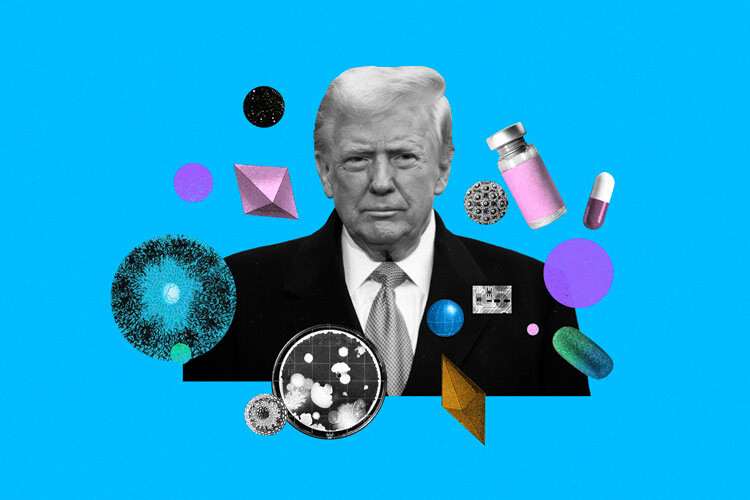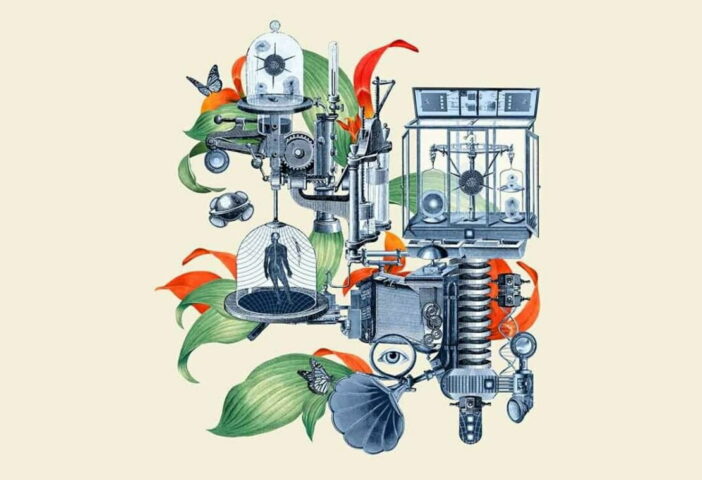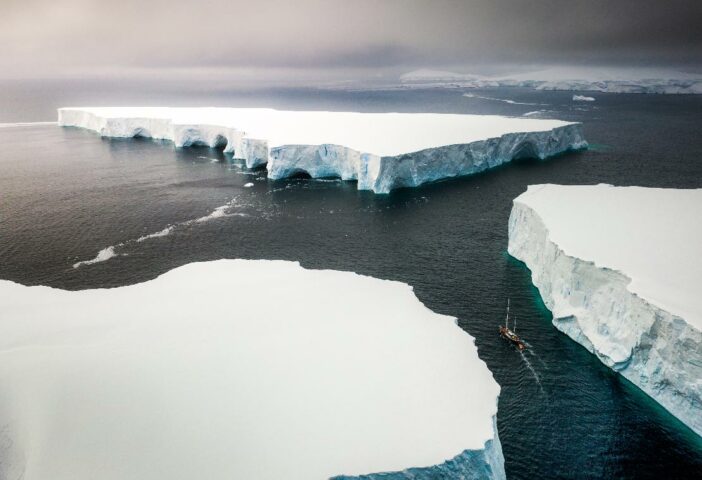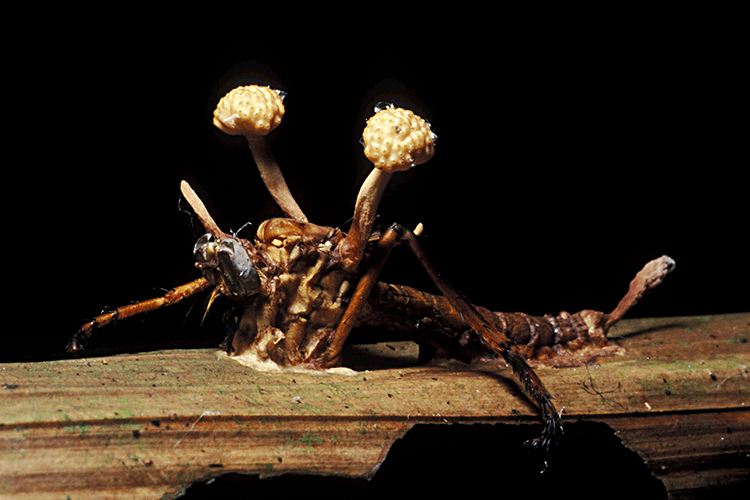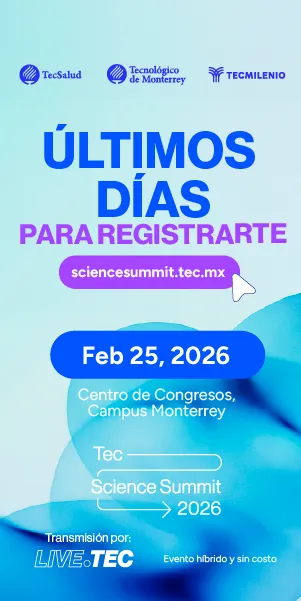Editors at the international scientific journal Nature—including geneticists, biochemists, and cancer researchers—have penned an open letter to Donald Trump, just five days before he reassumes the presidency. The letter stresses the critical importance of grounding new policies in scientific evidence to determine what works and what doesn’t.
“As you prepare to return to the White House, we urge you not to lose sight of the need for the US government to continue to provide support for researchers — especially in terms of fundamental science,” the letter states, listing this as one of their core requests.
Climate Change as a Central Concern
“Climate and energy security need to be priorities. From a scientific perspective, there is no question that human activities are warming the planet. The overwhelming consensus of researchers is that all nations are vulnerable to severe disruptions from continued burning of fossil fuels,” the editors wrote.
The letter also pointed out how recent extreme climate events, such as devastating wildfires in California, may be tied to climate change, and how the resulting smoke poses serious public health risks.
Commitment to Global Cooperation
The editors urged Trump to maintain United States collaboration with other countries through global organizations and agreements, despite their complexities and imperfections. These frameworks, they argued, can always be reformed to address their flaws.
“The alternative — of not having them or withdrawing from them — will put the United States and the rest of the world at greater risk. We urge you to engage. Global cooperation is the only viable approach to global problems,” the letter emphasized.
There’s growing speculation that Trump may once again withdraw the United States from the 2015 Paris Climate Agreement, a process he completed in 2020 before Joe Biden rejoined it during his presidency.
The editors also encouraged Trump that the United States continues to welcome researchers from all parts of the world, highlighting that the big discoveries and innovations happen when researchers are able to communicate with, learn from, visit, and live and work with researchers in different countries. “This allows for the efficient exchange of knowledge and for the best and brightest to work together no matter where they happen to have been born”.
Gains and Losses for Science Under Trump
Nature also outlined moments during Trump’s previous administration when science was sidelined. These include promoting unproven treatments for COVID-19 and denied the risks of climate change.
“He also undermined scientists at his own agencies and repeatedly sought to slash funding for science,” the publication noted in a related article titled What Trump 2.0 Means for Science: The Likely Winners and Losers.
Changes are expected in agencies like the Environmental Protection Agency (EPA), the Department of Energy (DoE), and environmental research programs at NASA and NOAA, all of which could face budget cuts.
Although lawmakers defended the EPA during Trump’s first term, the political landscape has shifted. Many Republicans now back calls for massive federal spending cuts from figures like Elon Musk, who has been appointed as director of the new Department of Government Efficiency (DOGE).
Russell Vought, Trump’s pick to lead the powerful Office of Management and Budget, has said that the goal from day one will be to “traumatically” affect EPA scientists and staff and make them feel like “villains” so that they don’t want to come to work and do their jobs.
AI, Space Exploration, and Less Focus on Earth
During Trump’s first term, then-science advisor Kelvin Droegemeier pushed to support what he called “industries of the future”: including artificial intelligence (AI), quantum information science, advanced manufacturing, and biotechnology. Observers anticipate similar priorities in a second term, Nature mentioned.
“AI and quantum technologies are the new battlegrounds in the United States –China rivalry, and both nations know it. This isn’t just policy—it’s a technological arms race,” Mohammed Soliman, director of strategic technologies and cybersecurity at the Middle East Institute in Washington, D.C., told to Nature.
Space exploration may also gain renewed momentum as the United States competes with China in this sector. Space industry lobbyists have pushed Congress to invest more in crewed spaceflights.
However, the Trump administration is likely to urge Congress to scrap NASA’s government-run rocket programme in favor of private-sector launch vehicles, including those from SpaceX, headed by Musk, a loyal Trump campaign donor.
NASA’s plans to send astronauts to Mars by 2040 could even accelerate, as Musk has expressed a personal desire to colonize the planet. Trump’s pick for NASA administrator is rumored to be billionaire and private astronaut Jared Isaacman, who has flown with SpaceX.
“But NASA is a major funder of Earth-science studies, and those programmes might be at risk if Trump fulfils his promises to slash climate research,” Nature wrote.
Delayed Transition to Clean Energy
Chris Wright, an oil industry executive, has been nominated to lead the DoE. Nature predicts that federal investments in clean energy demonstration projects could “fade into the background” under his direction.
“But the biggest question for many energy experts is how Trump’s promise to raise tariffs on goods imported from places such as China and Mexico will affect the global transition towards clean energy,” the editors noted, warning of exacerbated trade wars.
A Call to Embrace the Scientific Method
The letter concluded by reiterating the importance of supporting science, reminding Trump of the “beauty of the method” that has shaped the modern world—a self-correcting process in which bad actors and wrong ideas sooner or later get rooted out and fuzzy evidence becomes sharper.
“The more you can support science, the better it will be for the United States and its people — and, ultimately, for the planet on which we all depend. If you can do that, it will be a positive legacy for your administration,” the Nature editors wrote.
Did you find this story interesting? Would you like to publish it? Contact our content editor to learn more at marianaleonm@tec.mx
